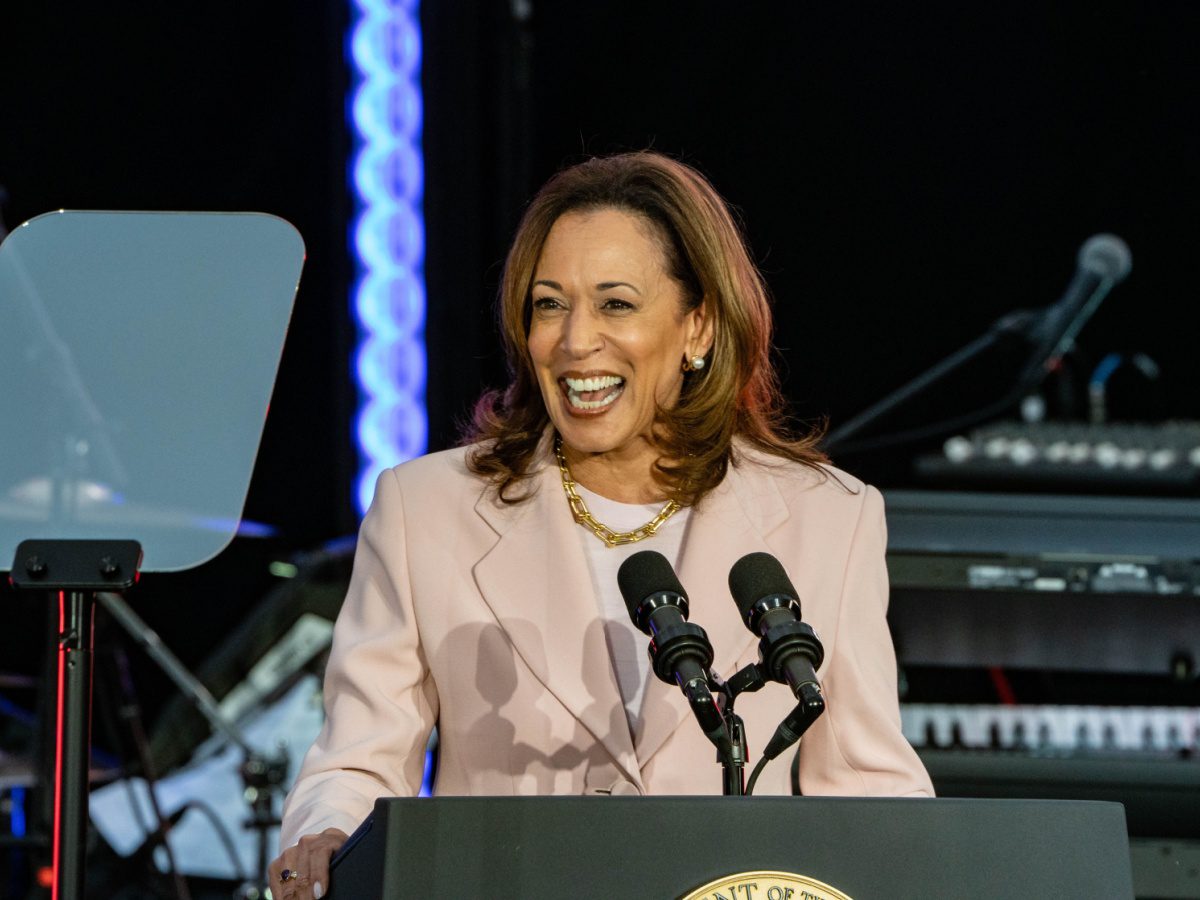
On the evening of President Joe Biden’s announcement that he would not seek reelection, Vice President Kamala Harris reached out to her longtime pastor, Rev. Amos C. Brown. This act of seeking spiritual guidance highlights the significance of faith in times of pivotal life decisions. Harris’s call to Rev. Brown is not merely a political maneuver but a reflection of her deep-rooted relationship with her pastor and her faith.
Rev. Amos C. Brown, who has shepherded the Third Baptist Church of San Francisco since 1976, is not just a pastor but also a seasoned civil rights activist and a significant figure in the African American community. His relationship with Harris spans over two decades, creating a foundation of trust and mutual respect. When Harris sought his counsel, it underscored the importance of spiritual mentorship in navigating life’s critical junctures. In their conversation, Harris asked Rev. Brown to pray for her, her husband Doug, the country, and the presidential race she intended to run. This request exemplifies the holistic approach that many Christians take when faced with momentous decisions—seeking divine guidance not just for personal success but for the well-being of loved ones and the broader community.
Rev. Brown’s response to Harris was grounded in scripture, reflecting the timeless wisdom found in the Bible. He shared his favorite verse, Micah 6:8: “Do justice, love mercy, and walk humbly with your maker.” This verse serves as a guiding principle for anyone in a position of leadership, reminding us of the core values that should underpin our actions and decisions. It is a call to integrity, compassion, and humility—qualities that are essential for anyone aspiring to lead a nation.
Harris’s reliance on her faith and her pastor’s counsel is a testament to the enduring role of spiritual guidance in public life. It also reflects the broader tradition within the African American church of providing not just spiritual support but also social and political leadership. The church has historically been a cornerstone of the African American community, offering a space for collective action and moral reflection.
View this post on Instagram
However, Rev. Brown’s journey has not been without controversy. His outspoken views, particularly following the September 11, 2001, terror attacks, sparked debate and criticism. In a speech at the Bill Graham Civic Auditorium, he questioned America’s role in creating a climate that led to such violence, provoking a strong response from figures like Rep. Nancy Pelosi. This incident underscores the complex and sometimes contentious role that religious leaders can play in public discourse.
Despite the controversies, Rev. Brown’s influence remains significant, particularly in his guidance to figures like Harris. His emphasis on justice, mercy, and humility offers a moral compass that transcends political divisions. It is a reminder that leadership is not just about wielding power but about serving with integrity and compassion. In reaching out to Rev. Brown, Kamala Harris demonstrates a model of leadership that values spiritual guidance and moral integrity.
As she embarks on her presidential campaign, the prayers and counsel of her pastor will undoubtedly be a source of strength and direction. For Christians, this moment is a powerful illustration of the role of faith in public life and the importance of seeking divine guidance in times of great responsibility.
